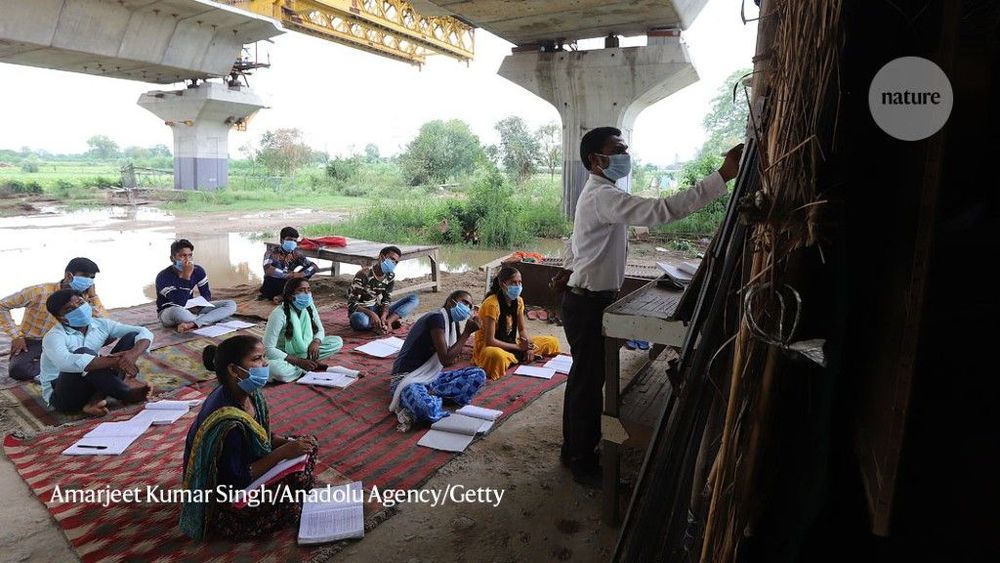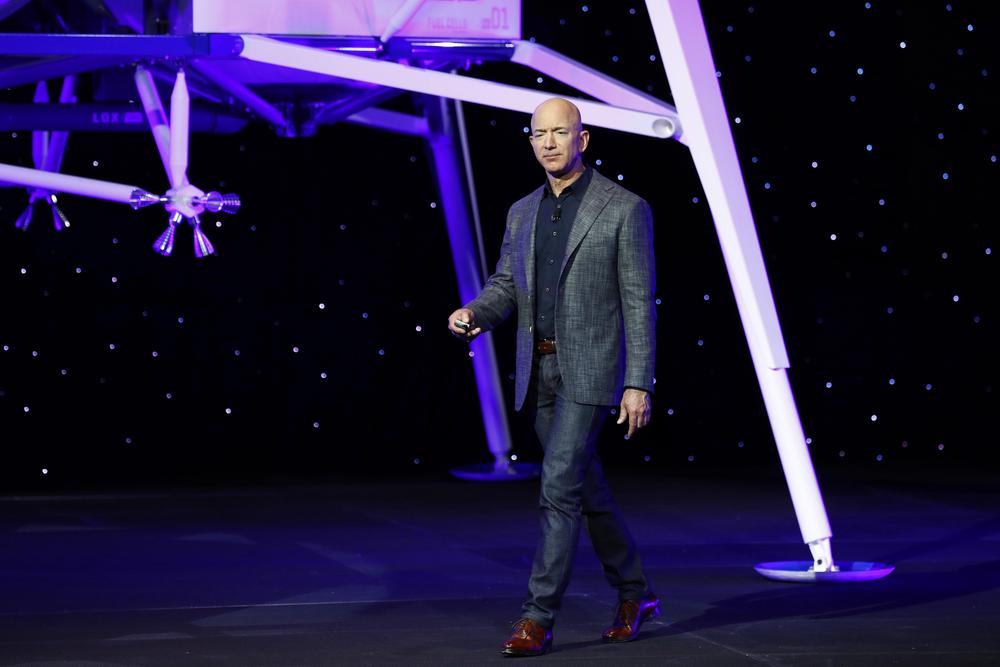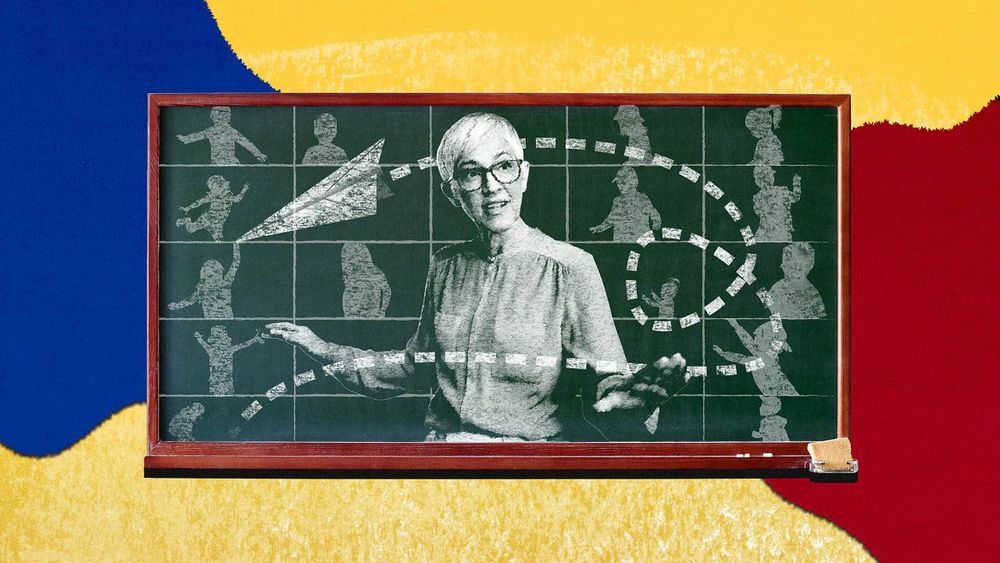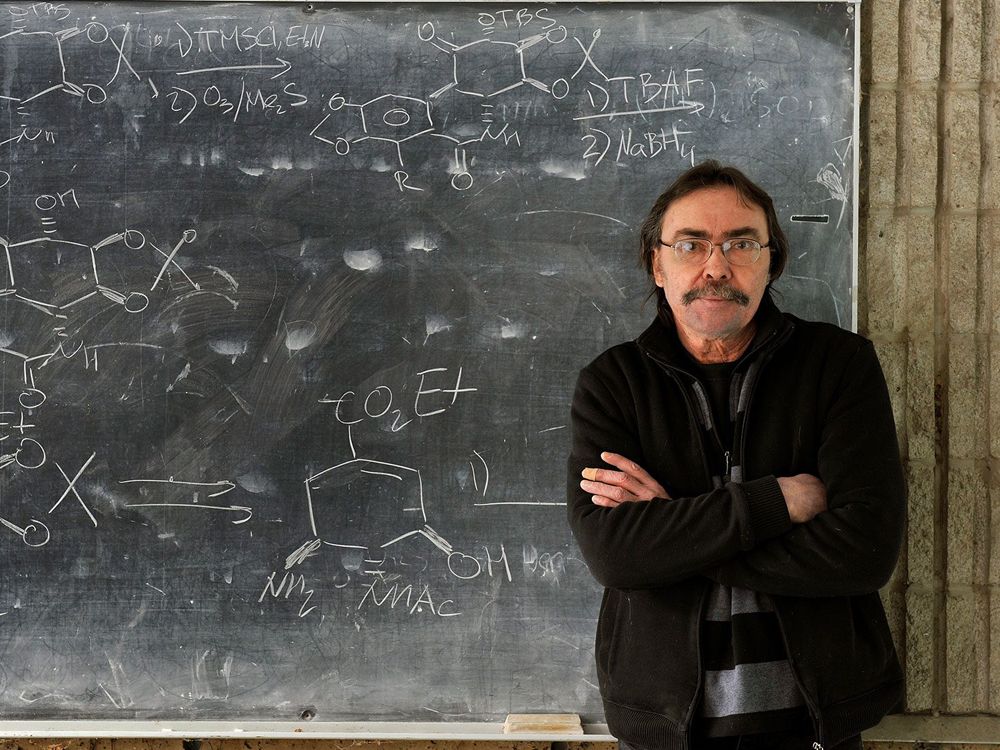LEAF president Keith Comito explains the story of Lifespan.io — a crowdsourcing platform and community to support biomedical research aimed at extending healthy human lifespan.
▼▼ More info and links below ▼▼
HOW CAN YOU SUPPORT US?
▀▀▀▀▀▀▀▀▀▀▀▀▀▀▀▀▀▀▀▀▀▀▀▀▀▀
LEAF / Lifespan.io is a 501©(3) nonprofit organization. Everything we’ve done thus far and everything we will do in the future is thanks to your support — please stand with us to fight the diseases of aging and increase healthy human lifespan.
► Support us with monthly donations by becoming a Lifespan Hero: https://www.lifespan.io/hero
► Make a one-time donation and learn about other ways to support us here: http://lifespan.io/support
► Learn more, and help us #CrowdsourceTheCure: https://www.lifespan.io
► Subscribe: https://www.youtube.com/user/LifespanIO?sub_confirmation=1
THANKS TO THE SUPPORT OF PEOPLE LIKE YOU, WE HAVE:
▀▀▀▀▀▀▀▀▀▀▀▀▀▀▀▀▀▀▀▀▀▀▀▀▀▀
► Crowdfunded over $400,000 for credible research projects addressing the root causes of aging
► Worked with amazing channels like @Kurzgesagt – In a Nutshell and @Life Noggin on videos to inform and engage the public in our work.
► Built up the most trafficked news outlet and online community on the subject of aging research, with over 150,000 members across various platforms and social media: https://www.lifespan.io/news
► Created a monthly livestreamed Journal Club to explain the latest research to you in real time: https://www.lifespan.io/journalclub
► Began to host our flagship Ending Age-Related Diseases annual conference in New York City, bringing together researchers, investors, regulators, press, and the public: https://www.lifespan.io/conference
► Created the premier network of investors focused on supporting this work, the Longevity Investor Network, which holds monthly pitch meetings to review the most promising and credible up-and-coming companies in the field: https://www.lifespan.io/investor
► Built powerful online tools, such as our Rejuvenation Roadmap, which shows you at glance the latest updates in the field: https://www.lifespan.io/roadmap
► Began to create educational video content, such as our LifeXtenShow: https://www.lifespan.io/x10
NEWS & SOCIAL MEDIA
▀▀▀▀▀▀▀▀▀▀▀▀▀▀▀▀▀▀▀▀▀▀▀▀▀▀
News: https://www.lifespan.io/news
Facebook: https://www.lifespan.io/facebook
Instagram: https://www.lifespan.io/instagram
LinkedIn: https://www.lifespan.io/linkedin
Twitter: https://www.lifespan.io/twitter
Discord: https://www.lifespan.io/discord
Newsletter: https://www.lifespan.io/newsletter
YOUTUBE COLLABORATIONS:






